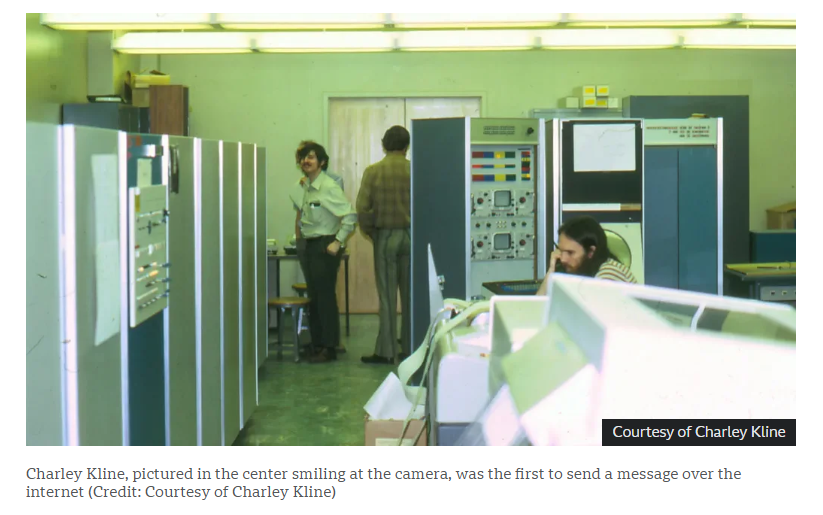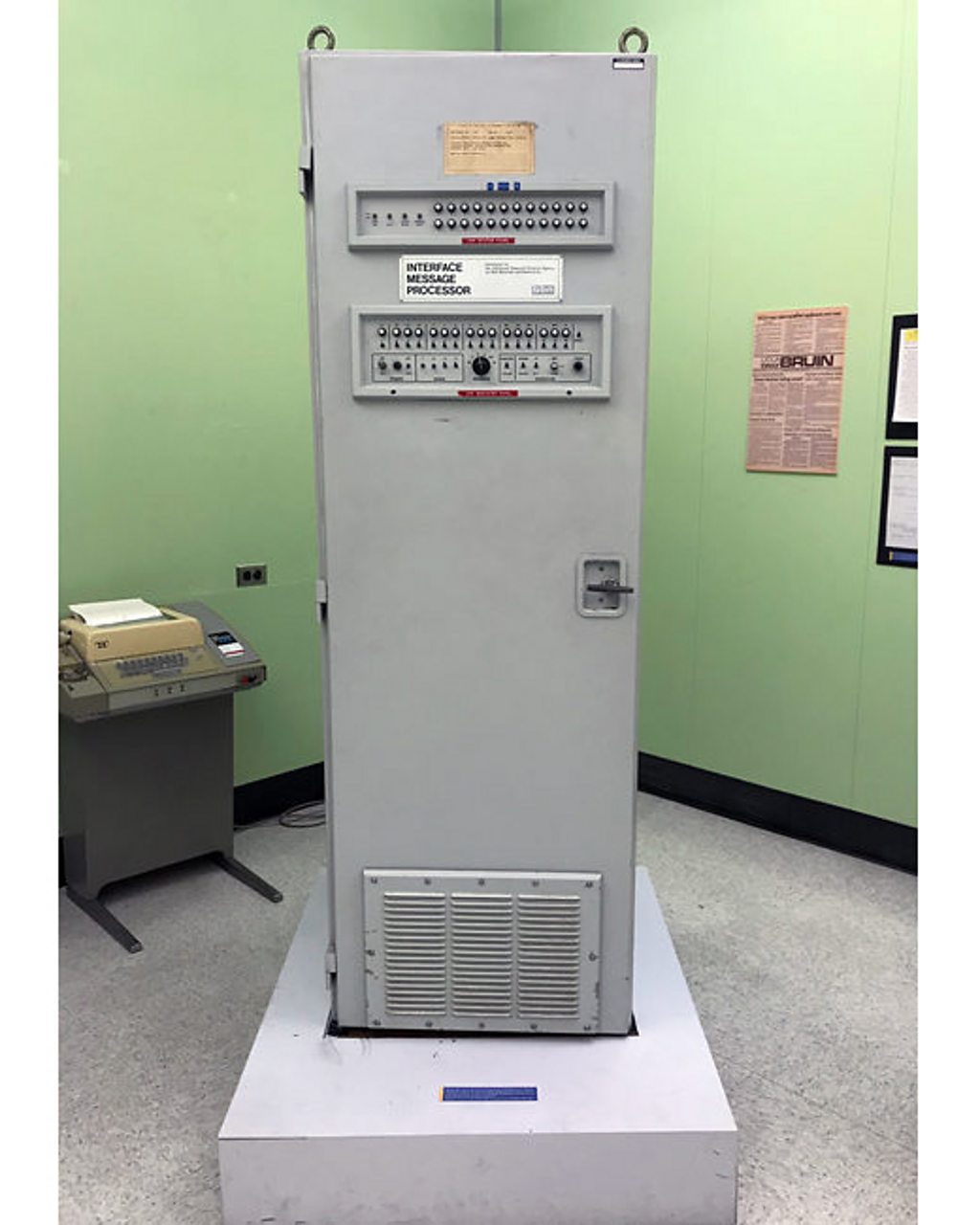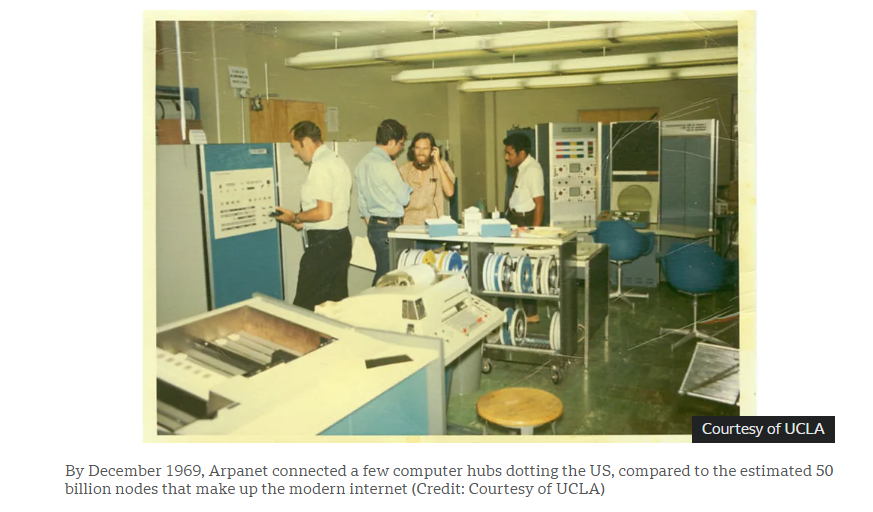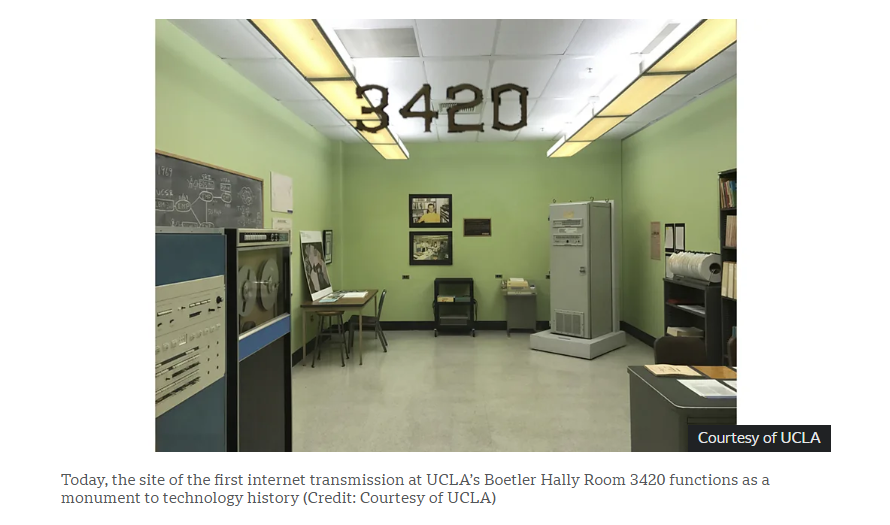General Discussion
Related: Editorials & Other Articles, Issue Forums, Alliance Forums, Region ForumsPete Townshend predicted our current shitshow in 1971
Pete Townshend's Lifehouse project, eventually became the "Who's Next" album, released in 1971.
https://en.wikipedia.org/wiki/Lifehouse_(rock_opera)
Lifehouse began as a story written around several songs. According to Pete Townshend: "The essence of the story-line was a kind a futuristic scene...It's a fantasy set at a time when rock 'n' roll didn't exist. The world was completely collapsing and the only experience that anybody ever had was through test tubes. In a way they lived as if they were on television. Everything was programmed. The enemies were people who gave us entertainment intravenously, and the heroes were savages who'd kept rock 'n' roll as a primitive force and had gone to live with it in the woods. The story was about these two sides coming together and having a brief battle."
In the world in which the album is set, pollution is so bad that the populace are forced to wear Lifesuits, suits that could simulate all experiences in a way that no one would have to leave home.
The suits are plugged into a huge mainframe called the Grid which also contains tubes for sleeping gas, food, and entertainment; supposedly, someone could live out tens of thousands of lifetimes in a very short period within the Grid. The Grid is controlled by a man named Jumbo.
The story begins when a farming family in Scotland hear of a huge rock concert called Lifehouse occurring in London, a sort of post-apocalyptic Woodstock. Their daughter, Mary, runs away to join the concert. They don't wear Lifesuits because they are supposedly out of the pollution's range and they farm the crops that the government buys to feed the Lifesuiters. Bobby is the creator of Lifehouse. (Bobby was also the tentative name of the project for a time.) He is a hacker who broadcasts pirate radio signals advertising his concert, where the participants' personal data are taken from them and converted into music, quite literally "finding your song". At the climax of the album, the authorities have surrounded the Lifehouse; then the perfect note rings forth through the combination of everybody's songs, they storm the place to find everybody has disappeared through a sort of musical Rapture, and the people observing the concert through their Lifesuits have vanished as well.
Johonny
(24,854 posts)Someone disapproves
of what you say or do,
i was asked to see what i could learn you;
don't believe your eyes,
they're seeing only lies,
what is done in the first place don't concern you.
>from tree to tree ... etc.
Relay, things are brewing,
relay, something's doin'
relay, it's a revolution,
relay, relay,
hand me down a solution!
"pass it on."
Celerity
(52,463 posts)
First ARPANET IMP log: the first message ever sent via the ARPANET, 10:30 pm PST on 29 October 1969 (6:30 UTC on 30 October 1969). This IMP Log excerpt, kept at UCLA, describes setting up a message transmission from the UCLA SDS Sigma 7 Host computer to the SRI SDS 940 Host computer
'We were just trying to get it to work': The failure that started the internet
On 29 October 1969, two scientists established a connection between computers some 350 miles away and started typing a message. Halfway through, it crashed. They sat down with the BBC 55 years later.
https://www.bbc.com/future/article/20241028-the-failure-that-started-the-internet
At the height of the Cold War, Charley Kline and Bill Duvall were two bright-eyed engineers on the front lines of one of technology's most ambitious experiments. Kline, a 21-year-old graduate student at the University of California, Los Angeles (UCLA), and Duvall, a 29-year-old systems programmer at Stanford Research Institute (SRI), were working on a system called Arpanet, short for the Advanced Research Projects Agency Network. Funded by the US Department of Defense, the project aimed to create a network that could directly share data without relying on telephone lines. Instead, this system used a method of data delivery called "packet switching" that would later form the basis for the modern internet.
It was the first test of a technology that would change almost every facet of human life. But before it could work, you had to log in. Kline sat at his keyboard between the lime-green walls of UCLA's Boelter Hall Room 3420, prepared to connect with Duvall, who was working a computer halfway across the state of California. But Kline didn't even make it all the way through the word "L-O-G-I-N" before Duvall told him over the phone that his system crashed. Thanks to that error, the first "message" that Kline sent Duvall on that autumn day in 1969 was simply the letters "L-O".

They got their connection up and running about an hour later after some tweaks, and that initial crash was just a blip in an otherwise monumental achievement. But neither man realised the significance of the moment. "I certainly didn't at that time," Kline says. "We were just trying to get it to work."
The BBC spoke to Kline and Duvall for the 55th anniversary of the occasion. Half a century later, the internet has shrunk the whole world down to a small black box that fits in your pocket, one that dominates our attention and touches the furthest reaches of lived experience. But it all started with two men, experiencing just how frustrating it is when you can't get online for the very first time.
snip

The Interface Message Processor (IMP) functioned as the internet’s first router (Credit: UCLA)


maxrandb
(16,895 posts)Technology and information had a chance to bring a new age of enlightenment. Then we put it in the hands of Fuckerberg, Bozos, Eloon and Elliscum.
Today's social media makes you imagine/realize what the world would be like if the Nazis had been the first to develop the atomic bomb.
misanthrope
(9,225 posts)The masters of capitalism weren't going to allow that to happen.
electric_blue68
(24,253 posts)Been following the LH saga since I first read about it in NY Times interview with Pete Townshend and Nick Cohen in early 1971.
🧡 🎸